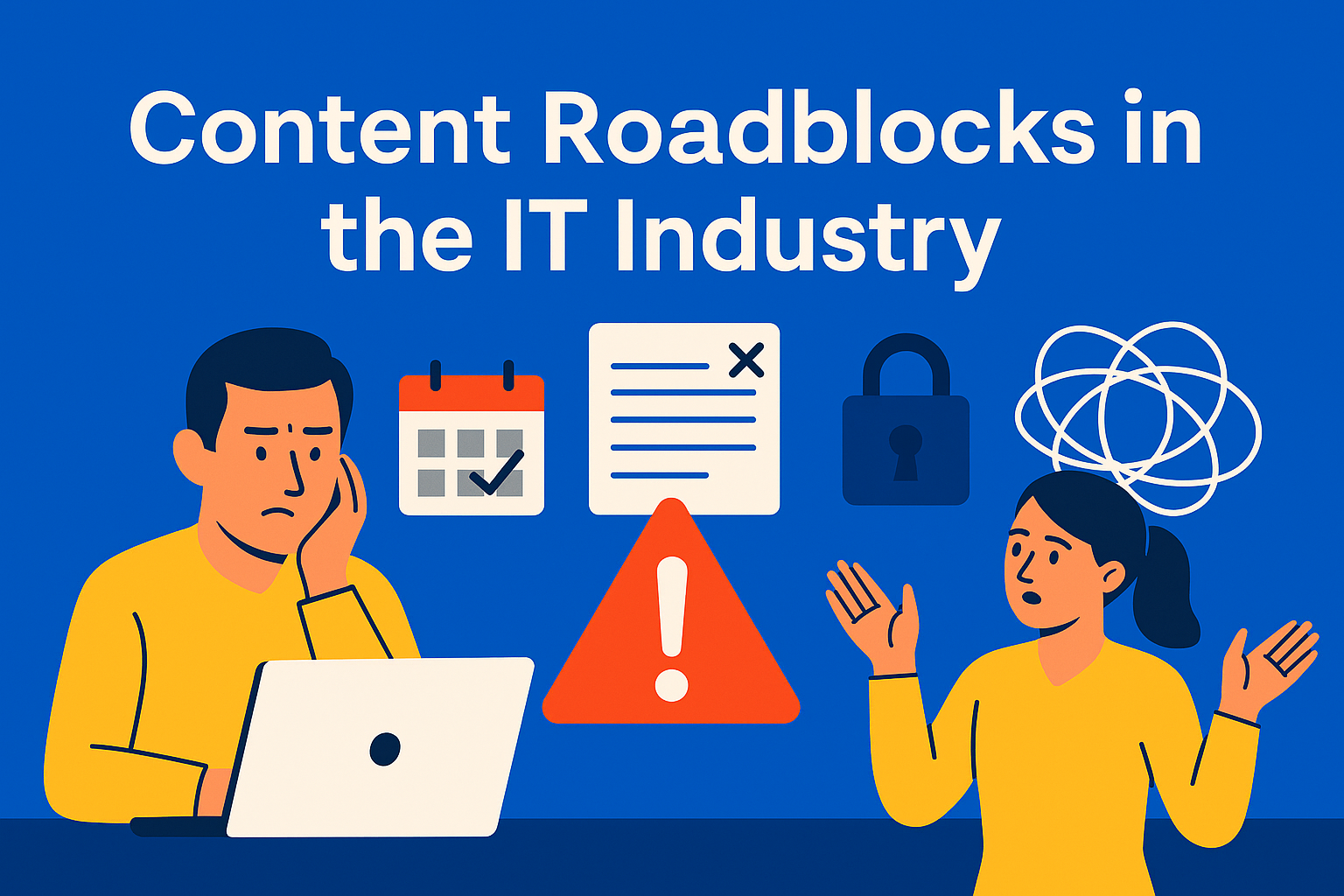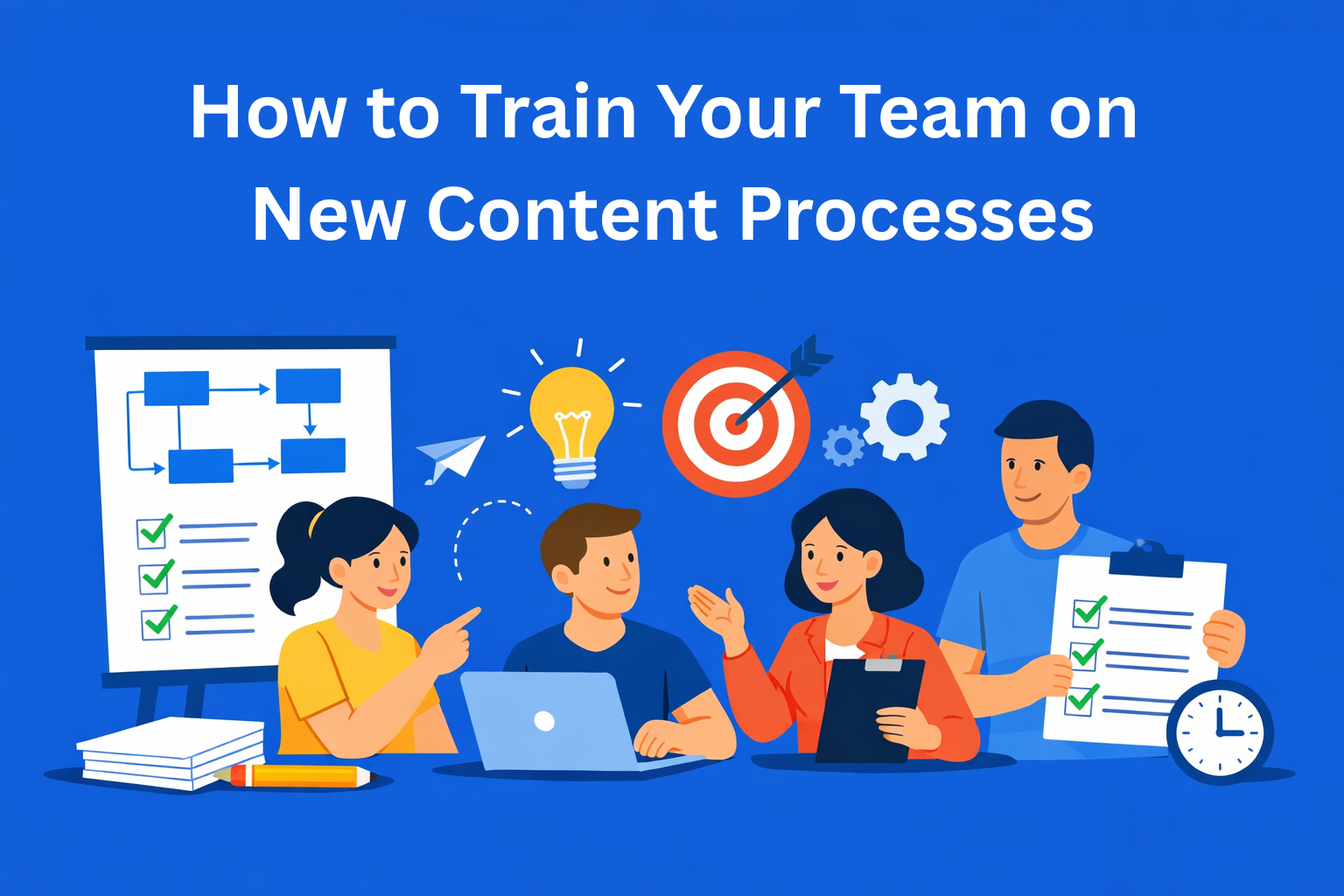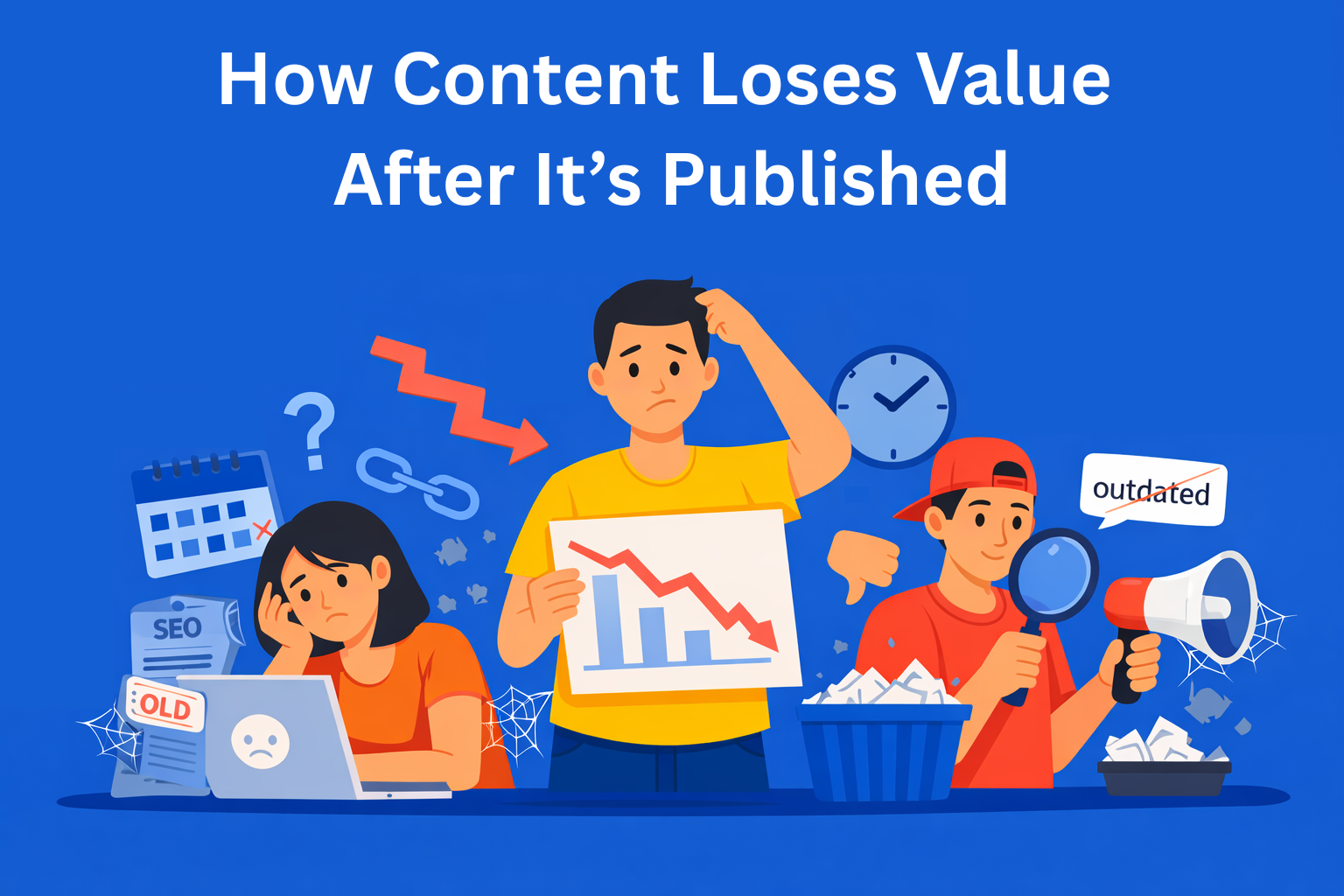Content Roadblocks in the IT Industry: How SMEs Can Stay Ahead
Discover the biggest content roadblocks IT SMEs face - technical complexity, slow approvals, and rapid change, learn agile, practical strategies to stay accurate, relevant, and ahead of the competition.

Content is especially important for the IT industry because it helps explain complex topics in a simple way and builds trust with the audience. However, Subject Matter Experts (SMEs) often face obstacles when they try to create high-quality and understandable content. Their knowledge is deep and detailed, but the challenge is how to present it simply without losing precision. Despite these challenges, there are ways to overcome them and for SMEs to stay one step ahead of the competition.
In this blog, we will explain the most common challenges, the consequences they bring, and what can do to simplify processes, maintain accuracy, and remain relevant.
Key Takeaways
- Technical complexity hurts clarity - Overly complex language confuses readers, while oversimplification risks losing authority. Balance is key.
- Slow approvals kill momentum - Lengthy review cycles delay content, making timely topics irrelevant by the time they’re published.
- Outdated content weakens credibility - In a fast-moving industry, content must be maintained regularly or it quickly becomes obsolete.
- Agile workflows boost content speed - Shorter cycles, real-time collaboration, and quick updates help SMEs stay visible and relevant.
- Thought leadership demands focus - By owning a niche, following trends, and improving communication, SMEs can lead instead of follow.
The Most Common Content Challenges for SMEs
1. Technical complexity
IT topics are inherently complicated. When Subject Matter Experts write about cloud solutions, cybersecurity, or artificial intelligence, they often use terminology that the average reader does not understand. If the content becomes too technical, the audience can quickly lose interest. If it is oversimplified, there is a risk of losing expertise and credibility. Striking the right balance between accuracy and clarity is the biggest challenge for SMEs.
2. Slow approval process
Content created or reviewed by SMEs can't have a long approval period, as it risks missing the right moment when the content would be most relevant. For example, if an expert writes an analysis of a new technology, but it is published only a few weeks later, the article loses value because the competition has already covered that topic.
3. Rapid innovation and content becoming outdated
The IT industry changes at an incredible pace. A topic that is fresh today can already be outdated tomorrow. That is why it is a constant challenge for SMEs to keep blogs, guides, and articles up-to-date and relevant.
Consequences of Ignoring These Roadblocks
If SMEs ignore these challenges, the consequences can be serious:
- Weaker online visibility: Search engines value fresh and high-quality content. If articles are late or inaccurate, they will not rank well.
- Loss of credibility: People expect experts to write clearly and accurately. If texts are inconsistent or outdated, the audience may lose trust.
- Failure to stand out: In the IT world full of content, experts need to stand out with clear and useful texts. Delays or poorly written content make it harder to achieve this.
Practical Strategies to Overcome Challenges
1. Simplify workflows
The first step is to make the content creation process simpler. SMEs can define clear stages: from idea, through writing, to publishing. Instead of complex approval processes, it is useful to introduce lighter systems, for example, shorter reviews by one expert and the marketing team. This saves time and helps content reach the audience faster.
Tools like EasyContent help everyone see the status of content in real time, allow for customizable workflows, templates, and many other options that make the process transparent and efficient.
2. Maintain accuracy and relevance
For experts, accuracy is key. Instead of creating long texts that are rarely updated, it is better to produce “living documents” - content that is regularly updated and refreshed. For example, a guide that is updated every three months stays relevant and current.
In addition, SMEs can collaborate with colleagues through quick consultations instead of long meetings. Short inputs and comments help keep the content professional and up-to-date. Planning a regular content review calendar makes maintenance easier.
3. Agile content creation
The agile approach is not reserved only for software development - it can also be applied to content creation. Instead of planning for a whole year, it is better to work in shorter cycles. This way, content is tested faster, and audience feedback is immediately used for adjustments. Working in repeated small steps provides more flexibility and helps experts stay modern.
How to Stay Ahead of the Competition
Subject Matter Experts can take a leadership position through good and timely content. Here are several ways:
- Focus on thought leadership: Instead of covering general topics, it is better to choose a niche and become an authority in that area. For example, an expert can specialize in security for e-commerce instead of writing broadly about cybersecurity.
- Follow trends: SMEs have an advantage because they can react quickly. If a new technology appears, they can write a clear guide and publish it before others.
- Improve communication skills: Experts are strong in their field, but additional training in writing and communication helps make their knowledge understandable to everyone.
- Use AI tools: AI can speed up research and writing, suggest text structures, or simplify sentences. Of course, human oversight remains crucial to ensure content stays natural and accurate.
Conclusion
For Subject Matter Experts in the IT industry, content creation roadblocks are not easy. However, with the right approach, these obstacles can become opportunities. Simplified processes, regular updates, and an agile methodology can bring huge advantages.
In a world where IT is constantly changing, speed, accuracy, and agility can ensure that SMEs not only stay in the race but also become leaders and trusted sources of knowledge in their fields.






